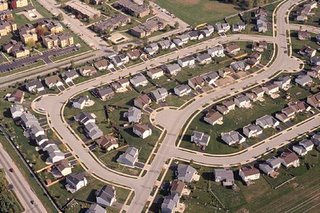
In recent years, as we have become more aware of the negative effects of our high-impact lifestyles, a number of environmental responses have also been introduced such as building insulation, energy-efficiency requirements, improvements to public transport, conservation of urban green space, and more water-sensitive urban design. We have barely scratched the surface, however, of the profound improvements that the application of permaculture principles and strategies could deliver for the sustainability and liveability of today’s suburbs for example: Food security based on gardening
Better health through a culture of home food consumption
Economy through home food production and food preservation
Firewood for sustainable and ethical energy
Passive solar design combined with thermally efficient natural materials
Retrofitting attached greenhouses to existing homes
Water harvesting and natural wastewater treatment
Animals in productive garden ecosystems
Reclaiming the streets
Creative recycling
City farms and community gardens
New ways of trading
New ways of sharing land
Food security based on gardening:
Food security through retention of horticultural production within and close to cities, has barely been on the agenda, while home gardening is largely ignored as irrelevant to the sustainability debate. For many of today’s urban residents, where food comes from beyond the supermarket is barely on their radar. We are still fixated on the high-density European-style city that gets its food from somewhere else. Most are unaware of different patterns of urban living such as those of Japan, China and other Asian countries where cities have traditionally contained interspersed gardens and rice paddies.
Read the whole article here.


No comments:
Post a Comment